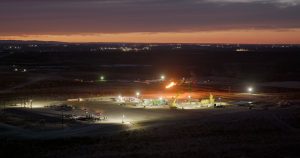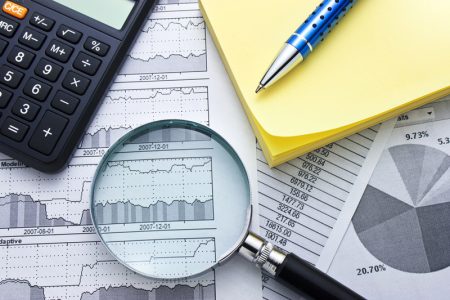By Anant Chandak
BENGALURU (Reuters) – The Bank of Thailand (BOT) will deliver a final 25-basis-point interest rate increase on August 2 and then hold rates steady until 2025 as the inflation outlook remains high and uncertain, a Reuters poll found.
While annual headline inflation eased to 0.23% in June, below the central bank’s target range of 1%-3%, it expects prices to pick up later in the year, suggesting the BOT is not done with tightening yet.
Governor Sethaput Suthiwartnarueput said last week the inflation outlook remains within expectations, and monetary policy will focus more on the outlook than on current data.
That compelled economists in a July 17-26 Reuters poll, who had previously said the modest policy tightening cycle of 150 basis points had ended in May, to now anticipate one more hike.
A strong majority of economists polled, 18 of 22, expected the BOT to raise its benchmark one-day repurchase rate by 25 basis points to 2.25% on August 2 – the highest since January 2014. Four forecast no change.
“The BOT’s recent hawkish rhetoric has made us change our view, and we now expect the bank to hike in August…the last hike, in our view. However, we also note the risk of another hike in September,” said Shreya Sodhani, economist at Barclays (LON:).
“While the MPC (Monetary Policy Committee) continues to highlight risks of inflation rising as growth and tourism pick up, we think the hikes are driven by concerns around financial stability and the need to build policy space.”
Inflation will average 1.8% this year and 1.9% in 2024, still within the BOT’s target, the poll showed.
Among economists who had a longer-term view, 13 of 17 respondents expected the BOT to maintain it at 2.25% until at least mid-2024. Only two economists forecast a cut by then, while two said it would peak at 2.50%.
But much will depend on the inflation trend and the economic recovery from the COVID pandemic, as well as tourist arrivals amid simmering political tensions in the country.
Any delay in forming the next government would affect confidence in the economy, which was expected to grow 3.7% this year and 3.8% next.
“The main risk is the still volatile political environment; any significant developments that threaten to derail the economic recovery could prompt a hold instead,” said Krystal Tan, economist at ANZ.
Read the full article here














